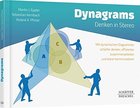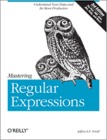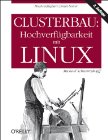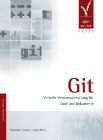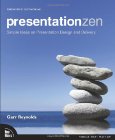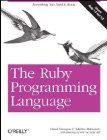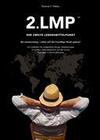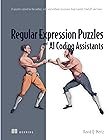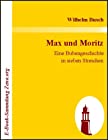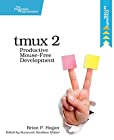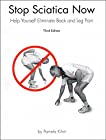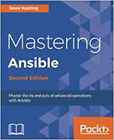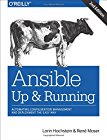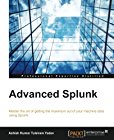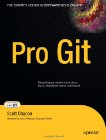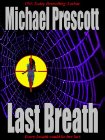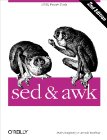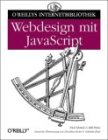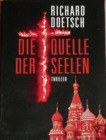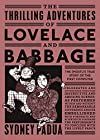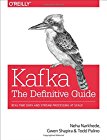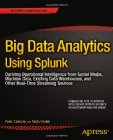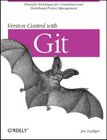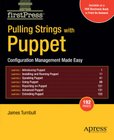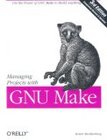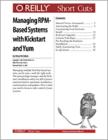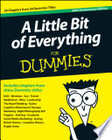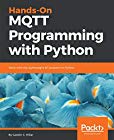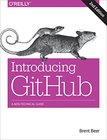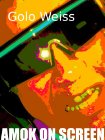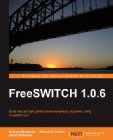
Once, when I picked up a book from the local library, the librarian asked to tell her what I thought about the book when I would bring it back. Well, why not write a few lines about all the books I read so everybody could see what I thought about it? I'm often also happy to have friends recommend a certain book or tell me this and that is not really worth reading. I won't comment about the tons of books I have read so far, but about books I read from now on.
| highly recommended | sehr empfohlen | |
| good reading | gutes lesematerial | |
| average | durchschnittlich | |
| not too interesting | nicht allzu interessant | |
| recommended not to read it | empfehlung das buch nicht zu lesen |

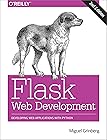











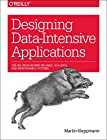
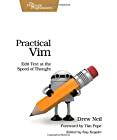


 |
|
|---|---|
| title | MicroPython for the Internet of Things |
| author | Charles Bell |
| ISBN-10 | 1-484-23122-8 |
| ISBN-13 | 978-1-484-23122-7 |
| ASIN | |
| rating | |
| date | 2020-Jun-20 |
One of the best books I have seen for learning a new set of skills.
Creating small microcontroller projects and accessing them in an "Internet of Things style" might look like a daunting task at first. It is not rocket science, but it definitely helps to have somebody showing you the ropes. And that's exactly what Charles Bell does with this book. For his introduction he chooses microcontroller boards running MicroPython. For following along, the Pyboard or a board from pycom (not only the WiPy, the LoPy4 etc. work equally well) are best suited, because all the samples are spelled out in detail for these boards. But Bell also discusses a number of other boards and gives enough details so that I feel I could master the samples with other boards too.
Charles Bell does a tremendously good job explaining all you need to know: the Internet of Things itself, MicroPython (and for that matter Python basics), programming basics, various microcontroller boards supporting MicroPython, hardware sensors, basics in electronics, ... There are always a number of samples, from simple gradually increasing to more involved. Links to hardware and the parts used are given, the hardware and protocols and programming techniques explained and the complexity is always kept in check. Working through the book and following along feels like you are taking a class with a helpful teacher. Things are explained in clear language, complexity is kept in check, the sequence of things in the book in a logical order, ...
I did have some experience in Python and internet protocols, but none at all in electronics or microcontroller board and I felt safe and well taken care of with this book. And I'm certain the same will be true for people knowing about electronics but not programming. And even if all the topics are new to you, you'll find this book extremely valuable.











